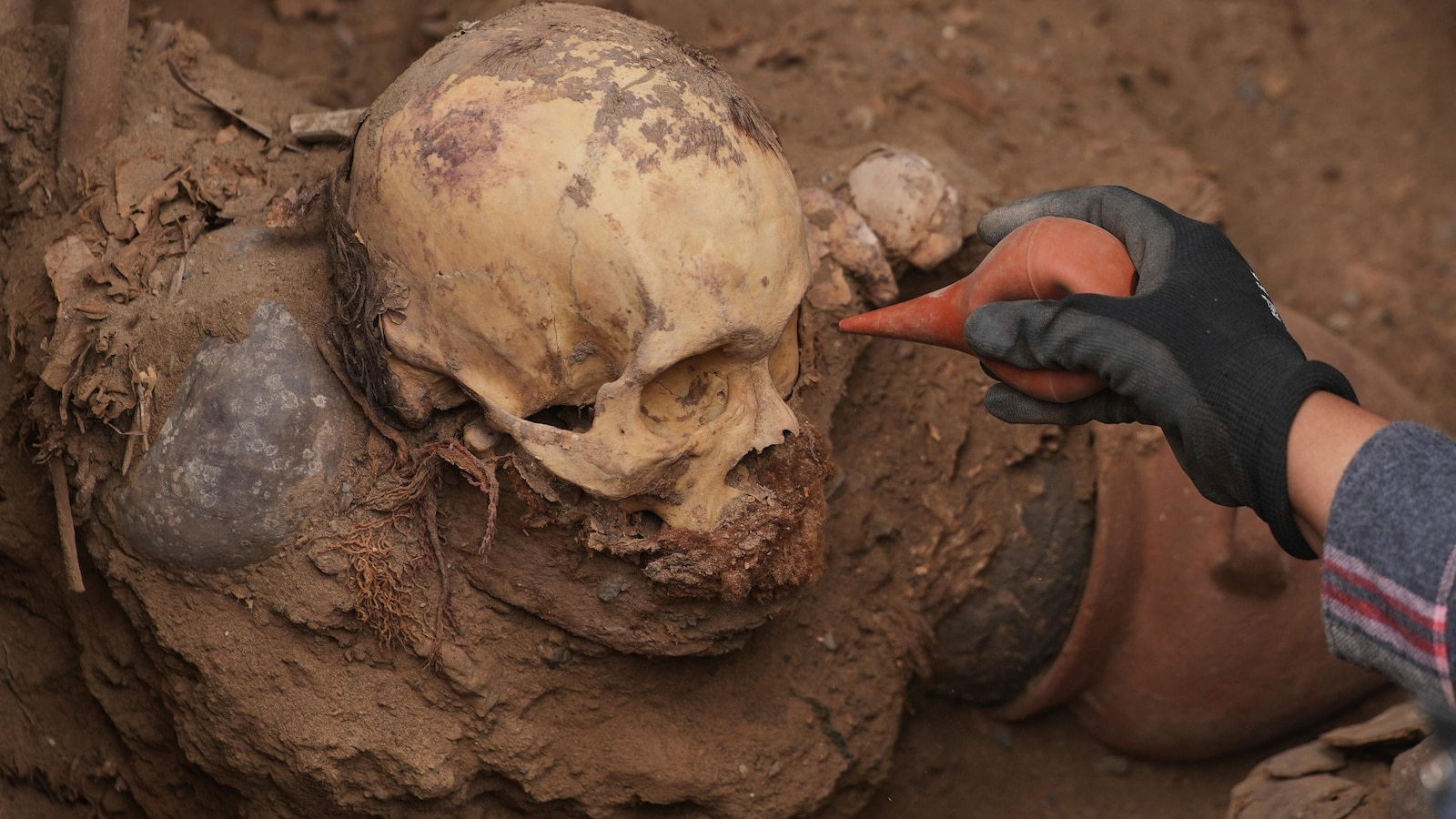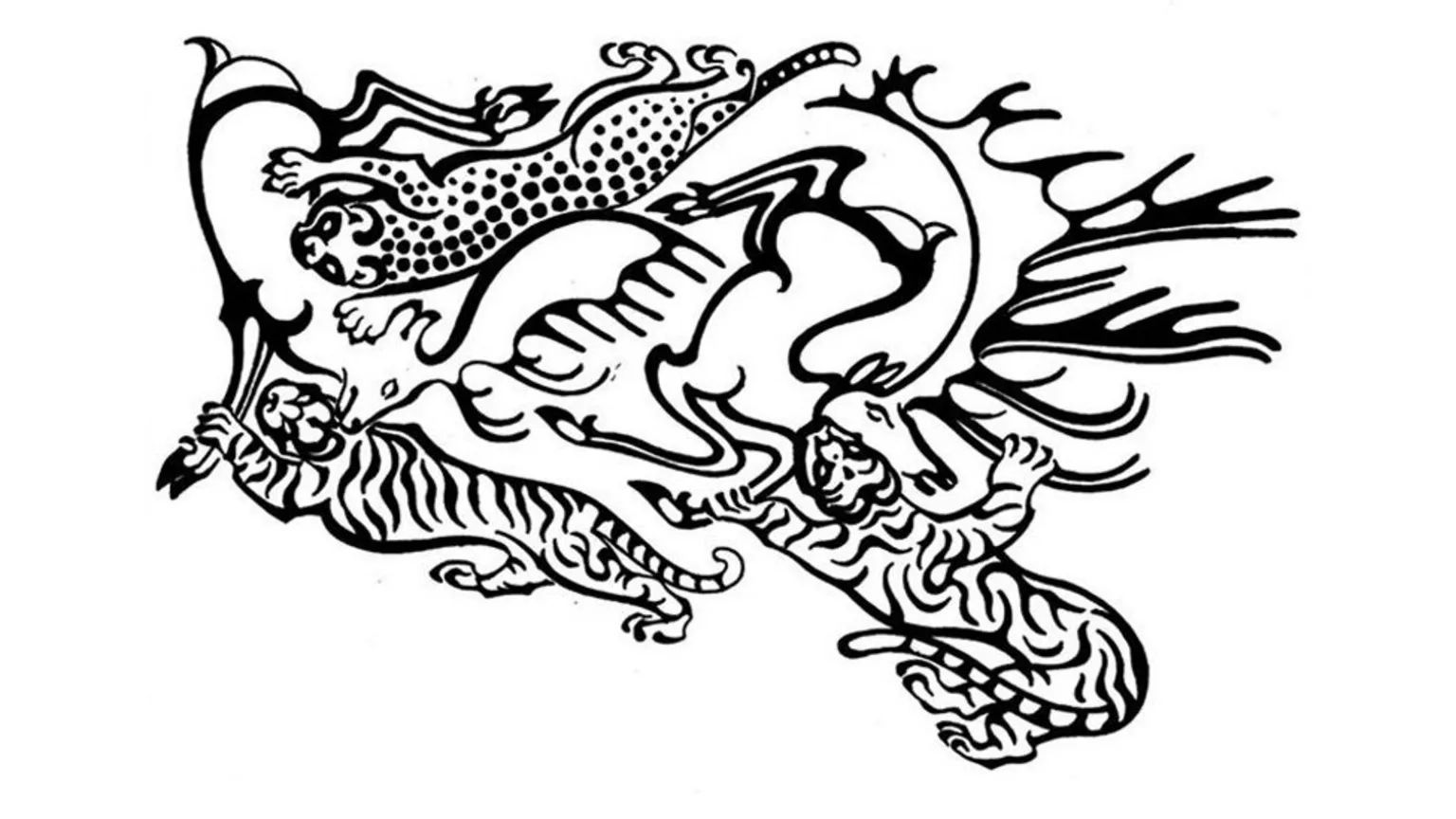T4K3.news
Ancient Wine Jars Found in Egyptian Tomb
Archaeologists have uncovered 5,000-year-old wine jars in the tomb of Queen Meret-Neith.

Ancient wine jars sealed for millennia were just uncovered in a royal tomb.
Ancient Egyptian Tomb Yields 5,000-Year-Old Wine Jars with Deep Historical Significance
A discovery in Egypt has provided an extraordinary glimpse into ancient winemaking. Recently, archaeologists found 5,000-year-old sealed wine jars in the tomb of Queen Meret-Neith at Abydos, one of the earliest known royal burial sites in Egypt. This find offers a tangible link to early winemaking and highlights advanced techniques used by ancient Egyptians. The excavation led by Christiana Köhler revealed hundreds of nearly intact wine jars, with grape seeds and original stoppers preserved. Emlyn Dodd, an archaeologist, noted that these jars could significantly enhance our understanding of early wine production and trade in the ancient Mediterranean. Moreover, the preserved grape seeds may allow scientists to trace ancient grape origins and link them to modern varieties, revealing more about the chemical composition of ancient wines. The placement of these jars emphasizes wine's cultural and spiritual significance in ancient Egyptian funerary rituals, symbolizing social status and reinforcing hierarchies, and suggests a level of sophistication in their trade and technology.
Key Takeaways
"The discovery of sealed, intact wine jars at Abydos has the potential to significantly build our understanding of some of the earliest wine production."
Emlyn Dodd explains the importance of the wine jars for early winemaking knowledge.
"Analysis of the residues left inside the jars could illuminate the chemical composition of the wine and reveal its flavor profile."
Dodd highlights how the jars can inform us about ancient wine characteristics.
"The placement of these jars emphasizes the role of wine in Egyptian religious and funerary rituals."
This underscores the cultural significance attributed to wine in ancient Egypt.
This discovery serves as a compelling reminder of the complexities in ancient societies. Wine was not just a beverage; it was deeply woven into the cultural and spiritual fabric of Egyptian life. The jars found in a royal tomb indicate the significant role wine played among the elite, potentially as a symbol of status and a tool in religious ceremonies. The advanced techniques preserved in these jars reflect a society that had mastered both trade logistics and the microbiological arts of preservation. This find sheds light on trade networks and raises intriguing questions about the evolution of winemaking practices over the centuries.
Highlights
- These jars reveal the sophistication of ancient Egyptian society.
- Uncovering wine jars is like tasting the past.
- Wine was not just for drinking; it was for the afterlife.
- Ancient Egypt's winemaking tells us about trade and culture.
Cultural Sensitivity Around Artifacts
The discovery raises concerns about the cultural appropriation and treatment of ancient artifacts. It could provoke discussion on the preservation and sharing of cultural heritage.
The legacy of this find might reverberate through both historical and modern winemaking.
Enjoyed this? Let your friends know!
Related News

Discovery of 3,500-Year-Old Cemetery in Egypt Announced

Ancient burial practices uncovered in Egypt

Ancient Jewish community found in Cástulo

New insights into Bashiri Mummy revealed

Ancient Egyptian mine inscriptions may reference Moses

Utility workers discover ancient pre-Incan tomb in Peru

Ancient underwater city discovery raises historical debates

Rome welcomes one million youth for Jubilee celebrations
